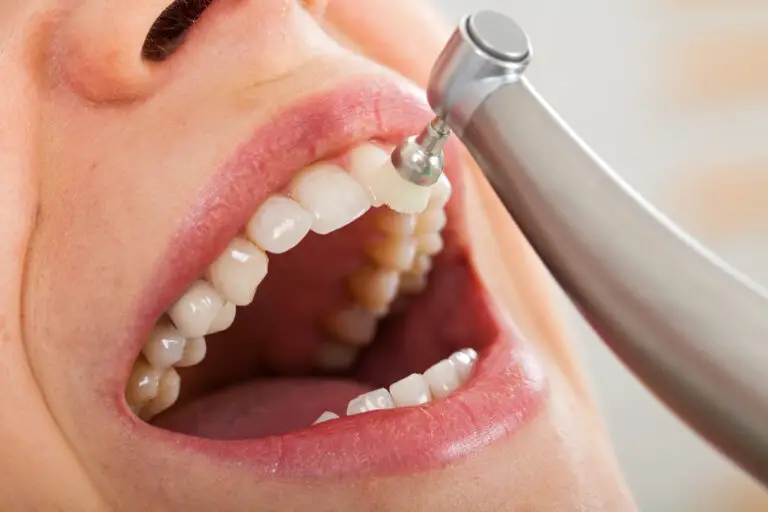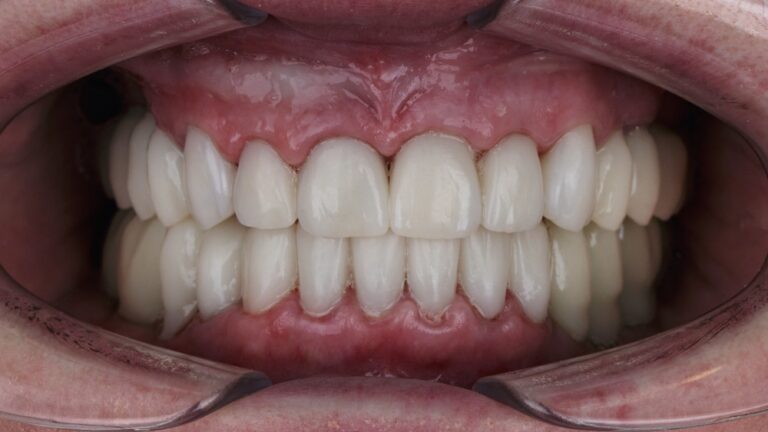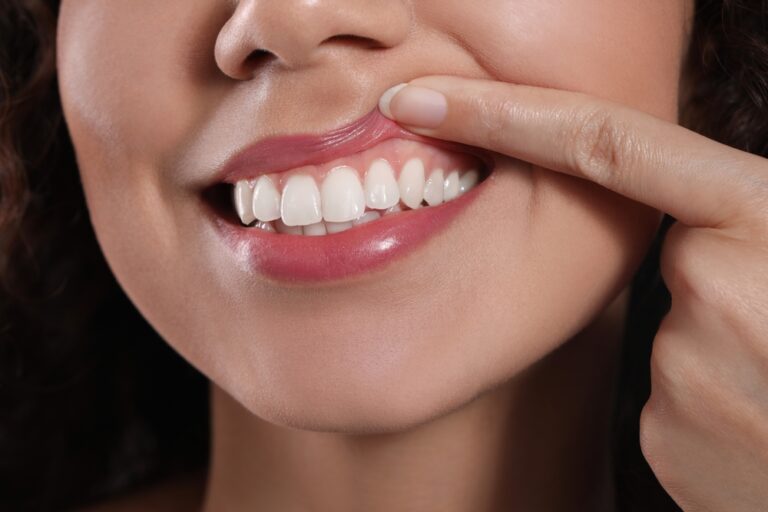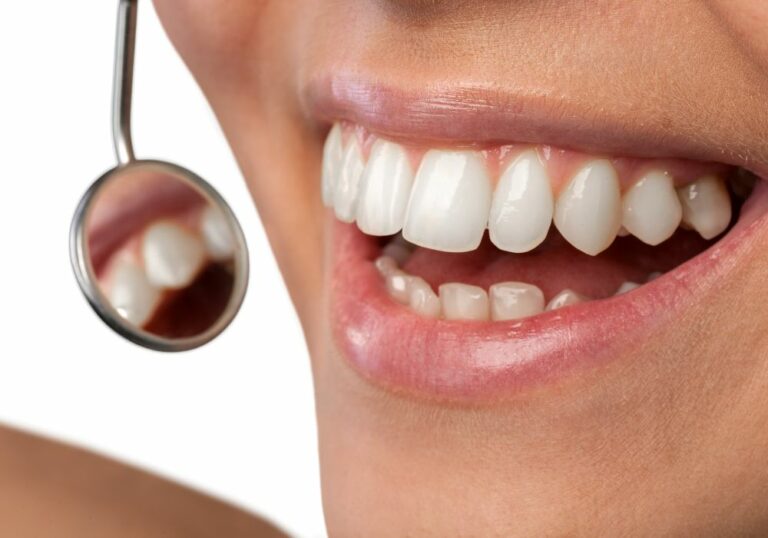If you are considering having dental implants, one of the questions on your mind is likely to be about eating: how long after dental implants can I eat normally? This is a fairly common question among people who are about to have or are considering getting dental implants.
In this article, you will not only find the answer to how soon you can eat normally after dental implant surgery but also what to eat and what to avoid when you have new implants. So continue reading to learn more about dental implants and eating.
Eating After Dental Implant Surgery
The good news is that once you have fully recovered from the surgery, you can eat whatever you like. There are no restrictions on your diet after the implants have integrated with the bone fully. Most patients can return to a completely normal diet approximately eight weeks after dental surgery.
However, right after the surgery, you will need to watch what you eat and drink. This will give your mouth the time it needs to heal after the implant has been inserted in your jaw. During the recovery period, you are likely to feel some sensitivity and discomfort and the rule of thumb is to stick with soft foods that you can easily cut using the side of a fork.
Wait Times Can Vary
Note that the wait times after dental implant surgery and until you can resume normal eating habits can vary depending on the patient and the extent of the surgery. For example, the wait times may be longer if you need incisions on both sides of your mouth.
While the timings in this article will give you a good general idea of wait times until you can eat normally again, you should always check with your dental surgeon. They will be able to give you exact instructions based on your surgery and you should then follow their guidance to the letter to ensure proper recovery.
What Can You Eat During the First 96 Hours?
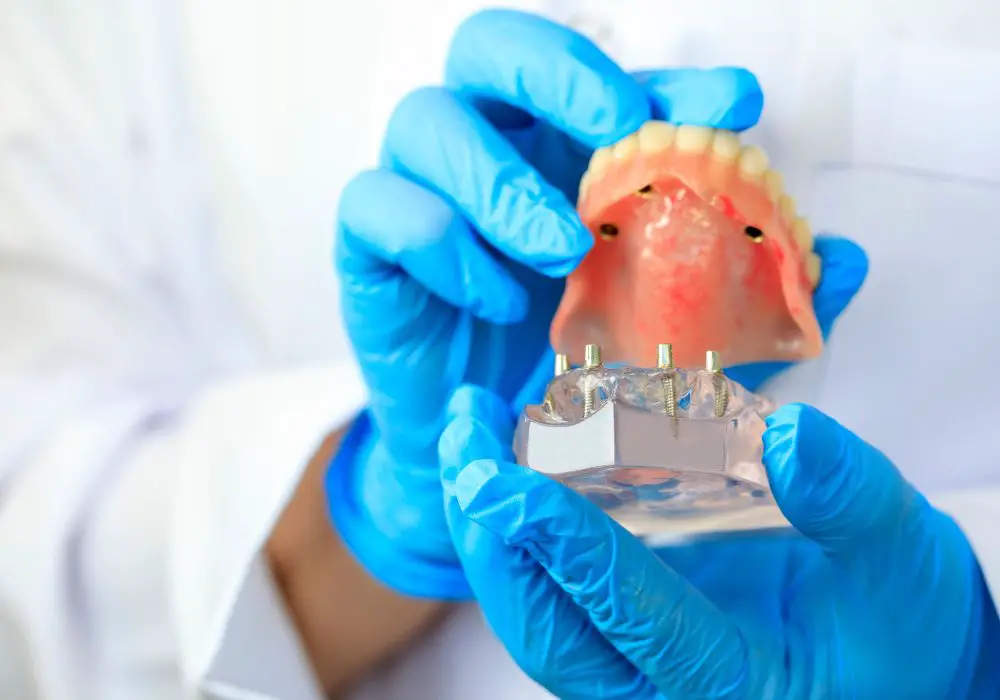
The first two to four days after the surgery are when your teeth and gums are going to be the most sensitive depending on the complexity of the surgery. To minimize discomfort during these days, you should exercise maximum caution with your diet.
Keep Yourself Hydrated
Drink plenty of water to keep yourself dehydrated. Avoid all hot drinks because your teeth will be the most sensitive at the beginning of the recovery period. You may also find that very cold drinks cause you discomfort as well so you might like to keep your liquids at room temperature.
Follow a Soft Diet and Let Food Cool Down Before Eating
For the first days after the dental implant surgery, consume only soft foods. For some people, their dentist may recommend a soft food diet until the stitches are removed. You can eat, for example, mashed potatoes, soup, bananas, soft bread, very ripe fruits, smoothies, and purees.
Your gums will be swollen after the surgery and may be prone to bleeding. Eating cold and fresh foods will relieve the discomfort your swollen gums may cause you. They will also prevent your gums from bleeding. On the other hand, hot food can make your gums bleed more easily.
Let your food, such as hot soups or broths, cool down before you eat. You might also find that foods that are kept in the fridge will feel soothing on your gums. These include foods such as guacamole and Jell-O. Vegetables are great, too, when cooked soft and then allowed to cool.
Foods to Avoid
Avoid any foods that are hard or crusty in the first four days, possibly longer depending on your dentist’s advice. Anything that can hurt your gums should be off the menu. You should avoid foods that require excessive chewing, such as hamburgers, caramel, or toffee. Also, avoid foods that can stick to your gums like berries with seeds or popcorn.
While eating ice cream might sound great, you need to avoid all dairy products such as yogurt, milkshakes, ice cream, and cottage cheese after your surgery. Dairy products can cause inflammation in your oral tissues, which in turn can damage your teeth and gums. In some people, milk products after surgery can trigger vomiting and nausea.
Other food groups to avoid include acidic foods and abrasive foods. These can cause you a lot of discomfort. Foods in the acidic food group include tomatoes, oranges, and hot peppers. In the abrasive category, you will find nuts, many raw vegetables, cereals, and hard candies.
Ensure You Eat a Balanced Diet
You should always follow a balanced diet but it is especially important after dental surgery to aid the healing process. While your diet is restricted to soft foods, make sure you are eating a wide range of foods to give you all the minerals, vitamins, and protein you need.
To help keep your diet balanced, you can eat, for example, broths rich in vitamins, salmon, scrambled eggs, protein shakes, mashed sweet potatoes, and hummus. Smoothies made with berries and vegetables are a great source of vitamins but avoid any that have seeds in them as they could get stuck to your implants.
Alcohol After Dental Implant Surgery
Following your dental surgery, you should avoid alcohol for the first few days. Drinking alcohol can slow down your healing. It can also increase the swelling of your gums and cause you more discomfort. If you are on post-operation pain medication, consuming alcohol could stop the medications from working or even be dangerous in some cases.
The Weeks After Your Dental Operation
While sticking to soft foods is crucial during the first few days, it is recommended that you continue eating them in the first few weeks following your dental surgery. When your teeth and gums are feeling better, you can carefully introduce meats that require minimal chewing such as shredded chicken or flaky fish.
Keep avoiding anything that is too hard or requires opening your mouth too wide. Eat your vegetables boiled or steamed and have soft cereals or cooked oats for breakfast. Because your mouth is not fully healed yet, remember to let anything cooked cool down before eating.
After Two to Three Months
Healing from a dental implant surgery can take up to six months but many people find that they can resume their regular eating habits after two to three months. However, each person is different and for some the recovery may take less time and for others, it will take longer.
Even after your teeth and gums have fully healed, eating a healthy diet will always be beneficial for your teeth. This includes avoiding sticky foods or foods that are too hard, eating more vegetables and fruits, and less fat and sugar.
On average, with the help of a proper diet, dental implants last for twenty years. However, some people have had the same implants for almost twice that long. While such a long duration cannot be guaranteed, taking proper care of your teeth and gums and eating well will help your dental implants last longer.
What Else You Can Do to Extend the Lifespan of Your Dental Implants?

While what you eat and following the instructions given to you after dental implant surgery are both crucial in looking after your dental implants, good dental hygiene routine matters, too. A healthy lifestyle can help your dental implants last longer as well.
Have a regular routine at home to look after your teeth and gums. Brush them twice a day and floss once a day. Change your toothbrush regularly. The recommendation is after every three months. Visiting your dentist for checkups and dental cleaning at least once a year is also recommended.
In addition to a healthy diet, adopt other healthy habits such as exercising and sleeping well. Quitting bad habits such as smoking will also be good for your oral health. If you tend to grind your teeth in your sleep, you might like to speak to your dentist or physician for advice on how to stop this.
Conclusion
For most people, resuming completely normal eating habits after dental implants will take several weeks. However, the exact length will depend on each individual and others will find their teeth and gums healing faster, allowing them to eat normally sooner.
The first two to four days after the dental implant surgery are the most crucial days for the proper healing of your teeth. During this time you need to avoid hot foods and drinks that could cause you discomfort or your gums to bleed. Also avoid abrasive, acidic, dairy, sticky, and chewy foods.
Remember, that the timings shared in this article are general guidelines for eating after dental implants. You should always discuss your recovery period and exact eating guidelines with your dentist. Follow the eating guidelines as carefully as you can to avoid compromising the healing process and causing you pain and discomfort.


